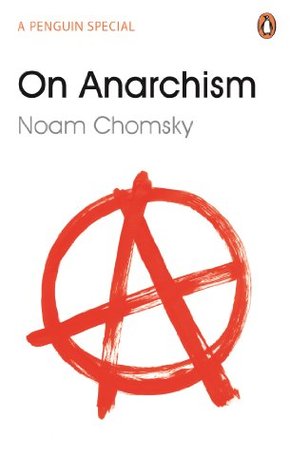More on this book
Community
Kindle Notes & Highlights
The principle with which Chomsky describes his own anarchist leanings draws a common thread from early modern libertarian theorists like Godwin and Proudhon to the assassins of the early 1900s and the instincts of Anonymous today: power that isn’t really justified by the will of the governed should be dismantled. More to the point, it should be refashioned from below. Without greedy elites maintaining their privilege with propaganda and force, workers might own and govern their workplaces, and communities might provide for the basic needs of everyone. Not all anarchist tactics are equally
...more
For the anarchist, freedom is not an abstract philosophical concept, but the vital concrete possibility for every human being to bring to full development all the powers, capacities, and talents with which nature has endowed him, and turn them to social account.
Our federal council of economy is not a political power but an economic and administrative regulating power. It receives its orientation from below and operates in accordance with the resolutions of the regional and national assemblies. It is a liaison corps and nothing else.4 Engels, in a letter of 1883, expressed his disagreement with this conception as follows: The anarchists put the thing upside down. They declare that the proletarian revolution must begin by doing away with the political organization of the state. … But to destroy it at such a moment would be to destroy the only organism
...more
Martin Buber put the problem succinctly when he wrote: “One cannot in the nature of things expect a little tree that has been turned into a club to put forth leaves.”
The question of conquest or destruction of state power is what Bakunin regarded as the primary issue dividing him from Marx.9 In one form or another, the problem has arisen repeatedly in the century since, dividing “libertarian” from “authoritarian” socialists.
If one were to seek a single leading idea within the anarchist tradition, it should, I believe, be that expressed by Bakunin when, in writing on the Paris Commune, he identified himself as follows: I am a fanatic lover of liberty, considering it as the unique condition under which intelligence, dignity and human happiness can develop and grow; not the purely formal liberty conceded, measured out and regulated by the State, an eternal lie which in reality represents nothing more than the privilege of some founded on the slavery of the rest; not the individualistic, egoistic, shabby, and
...more


